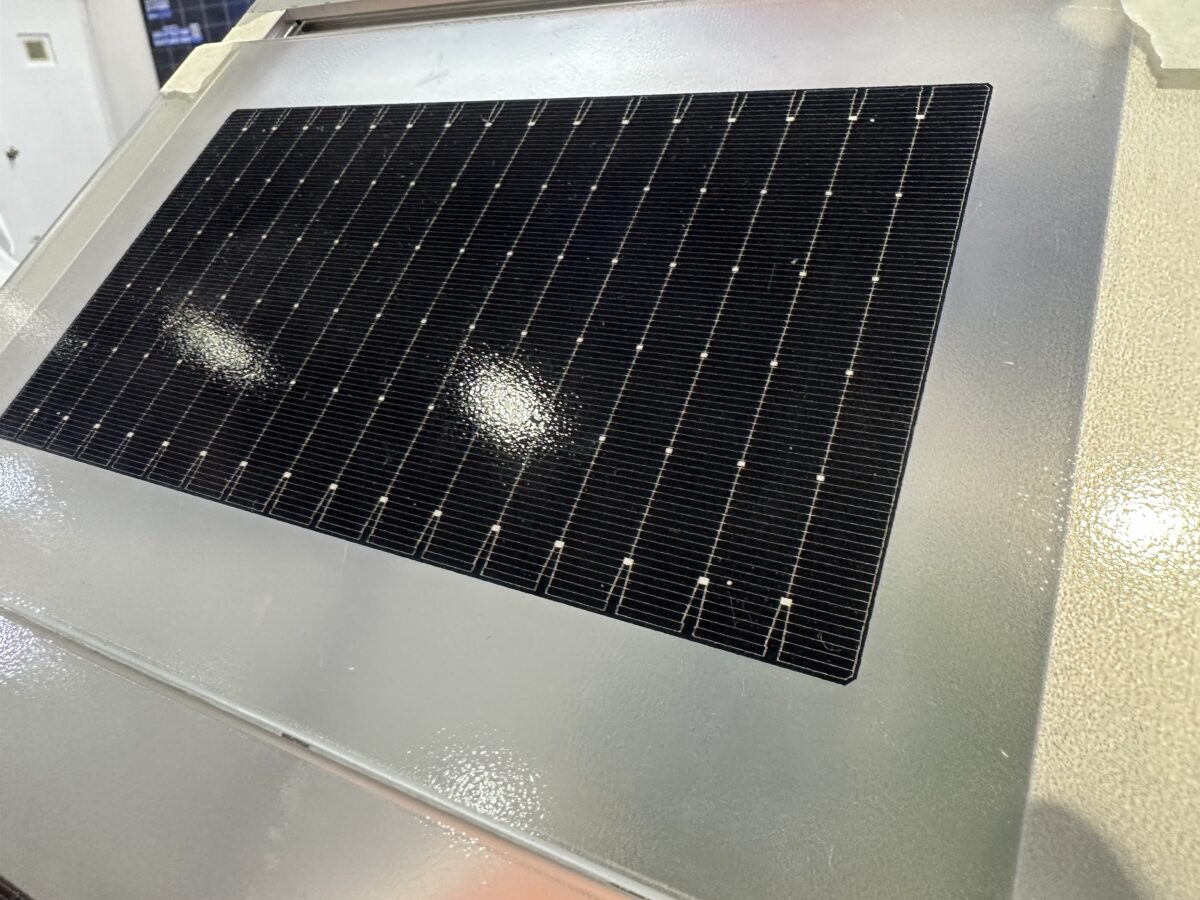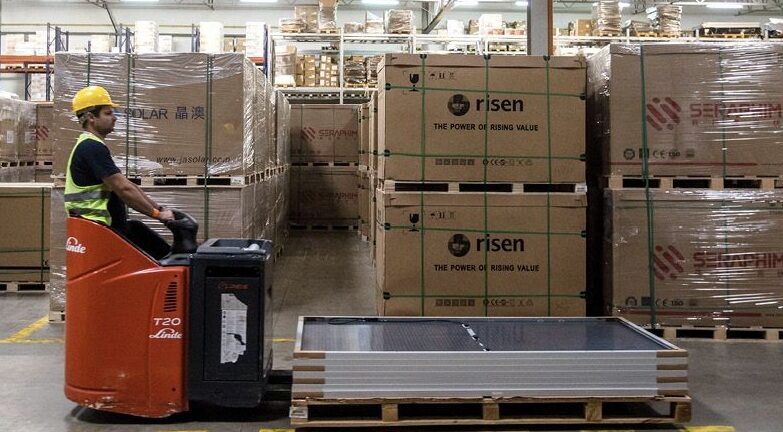The US Department of Commerce (DoC) has announced preliminary antidumping rates on crystalline solar cell imports from Cambodia, Malaysia, Thailand and Vietnam.
Tariffs from 21.31% to as high as 271.28% have been set, differing according to company and country. A full list of preliminary tariffs can be seen on the International Trade Administration's (ITA) website.
The preliminary determinations are the second set to be announced in a trade case brought by The American Alliance for Solar Manufacturing Trade Committee earlier this year, over concerns that imported solar cells from Cambodia, Malaysia, Thailand and Vietnam are harming the US domestic solar market.
At the start of October, the DoC announced a preliminary decision on countervailing duties (CVD) for solar cells and modules imported from the four countries, with rates ranging from 0.14% to 292.61%, depending on company and country.
According to details on the ITA’s website, final determinations on the antidumping duties are scheduled to be made on April 18, 2025, with the US International Trade Commission expected to finalize the determinations on June 2, 2025, ahead of an issuance of orders a week later.
This content is protected by copyright and may not be reused. If you want to cooperate with us and would like to reuse some of our content, please contact: editors@pv-magazine.com.




By submitting this form you agree to pv magazine using your data for the purposes of publishing your comment.
Your personal data will only be disclosed or otherwise transmitted to third parties for the purposes of spam filtering or if this is necessary for technical maintenance of the website. Any other transfer to third parties will not take place unless this is justified on the basis of applicable data protection regulations or if pv magazine is legally obliged to do so.
You may revoke this consent at any time with effect for the future, in which case your personal data will be deleted immediately. Otherwise, your data will be deleted if pv magazine has processed your request or the purpose of data storage is fulfilled.
Further information on data privacy can be found in our Data Protection Policy.